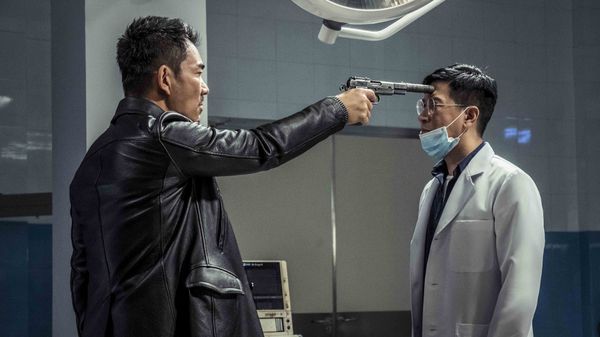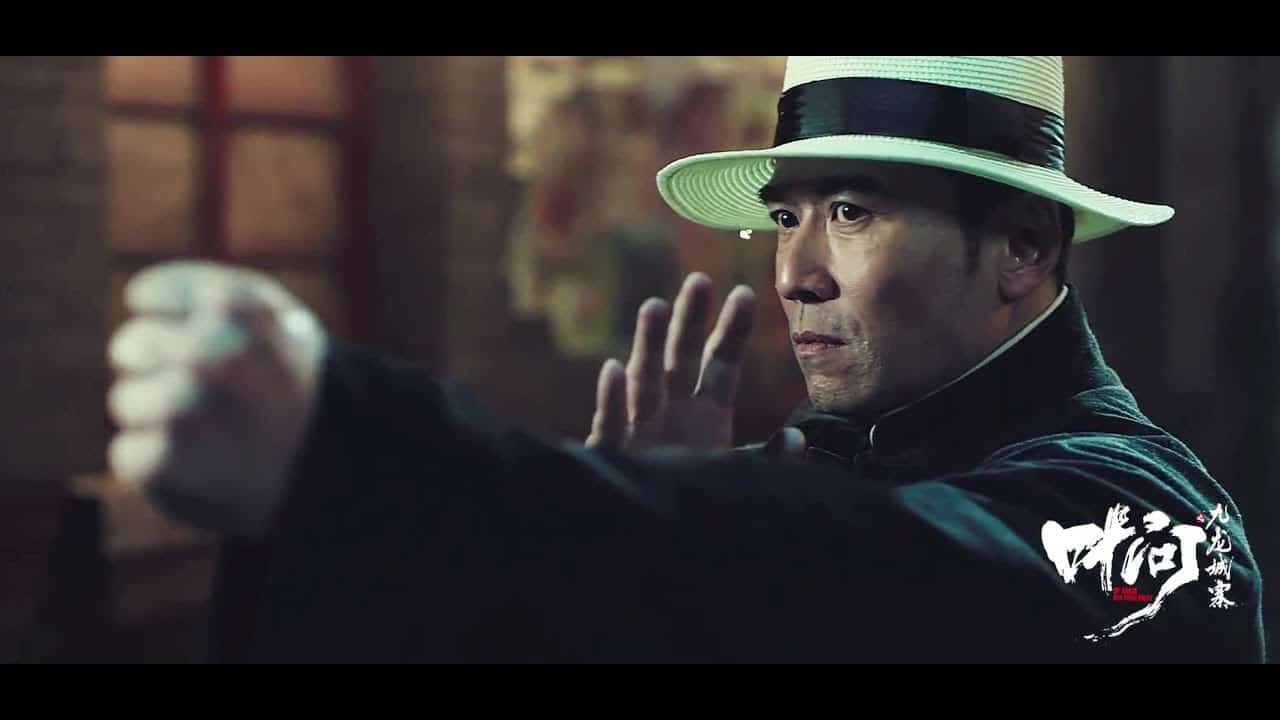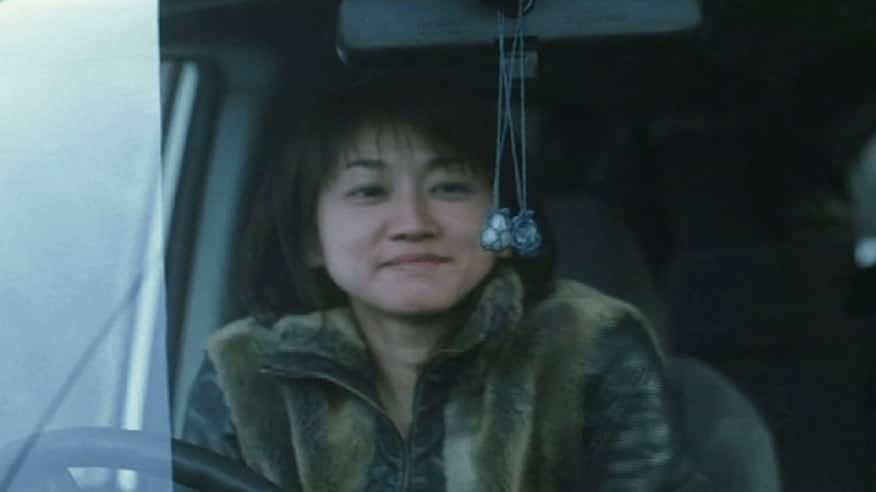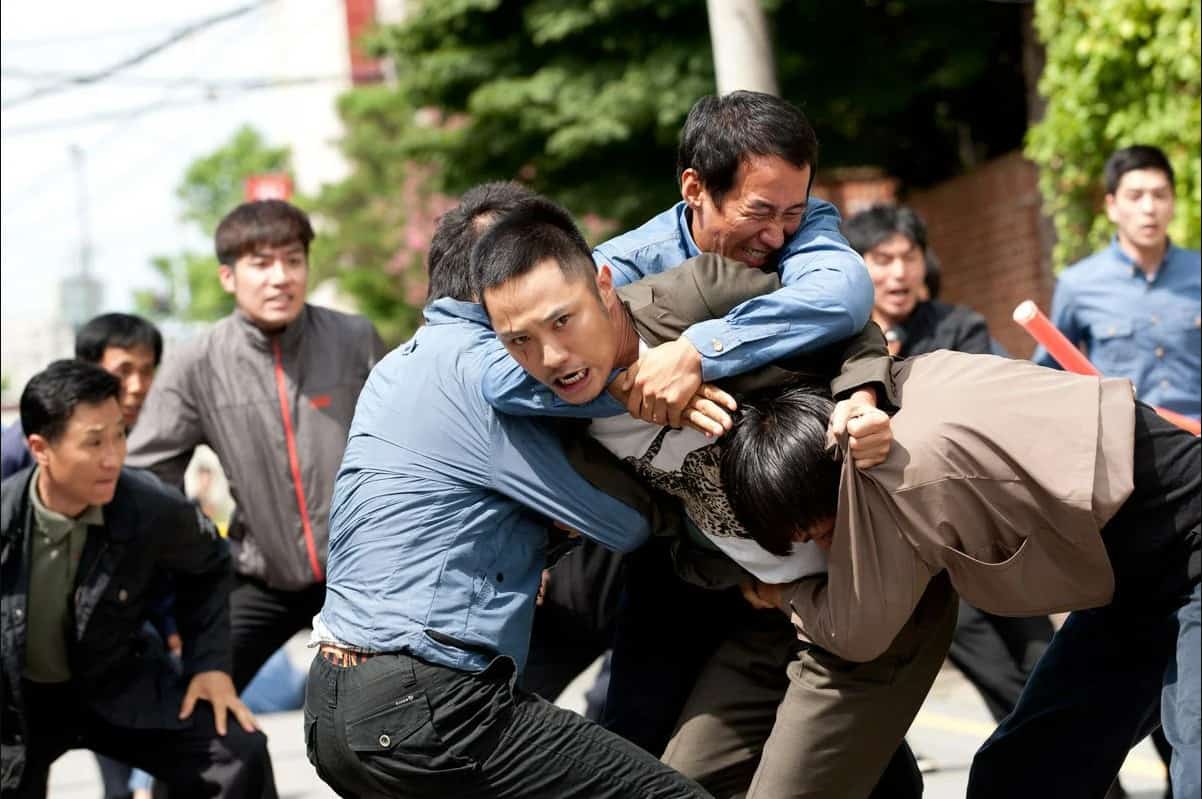The concept of the quarantine movie was actually one of the newest trends during the two years the pandemic raged around the world, with a number of filmmakers turning to these social-distancing measures in order to present their new works. It seems, however, that we are not completely done with the particular approach, as still some movies that were shot during lockdown are coming out while others implement the style in different, more diverse styles. Whether it belongs in the first or the second category, “Livestream” definitely has some elements that make it stand out.
Live Stream is available from KT Alpha
Dong-ju is a freelance PD, who spends a lot of time chatting with his friends on the web, with their two main topics being illegal camera footage that seems to circulate on the Internet in abundance, and Dong-ju's gorgeous girlfriend Su-jin, with the rest of the gang constantly teasing him about the reasons that she is with him. One day, however, Dong-ju finds himself caught in-between, as he receives a link from Su-jin's phone, which eventually leads him to a “chatroom” where the girl is captured and drugged by a middle-aged man who goes by the nickname of “Gentleman”. The kidnapper soon begins a game that forces Dong-ju running to do his deeds, while the Gentleman has also “invited” a number of netizens to participate in the game, even having them bid on what he will do to the girl next. As time passes, a number of secrets also come to the fore.
Although it starts as a TV-like teen thriller of sorts, Choi Ju-yeon shows the true colors of “Live Stream” pretty soon, as the appearance of the Gentleman changes the whole narrative. As such, the movie soon turns into a hardcore thriller, filled with tension and agony and a number of plot twists that essentially carry the whole thing from beginning to end. The rapid editing, even if it essentially changes focus from Dong-ju to Gentleman, helps the most in that regard, adding both to the tension and the pace of the story, while inducing a narrative that practically functions as a stage-play of sorts, with a very welcome sense of movement.
Considering the nature of the movie, the performances here are key, and it is easy to say that both protagonists give their best self. Park Sung-woong as the villain fills the screen with his evident charisma, presenting a man who is constantly in control, as much as he is manipulative, even extreme on occasion in his reactions. The few moments he seems surprised are among the most memorable in the movie. Park Sun-ho on the other hand, is almost constantly in a state of angst he communicates convincingly also, while the few moments he is in control are his own zenith. Some moments of excessiveness do appear in his effort, although not to a point to harm his performance significantly. Furthermore, the antithetical chemistry of the two is excellent, in another of the best traits of the movie.
Check also this article
The way Gentleman ups the ante almost constantly is quite entertaining to watch, particularly as Dong-ju seems to lose control of more and more aspects of his life. The many twists that appear throughout also move in the same direction, although the ending, and a number of other notions of the story do go a bit too far in terms of logic. On the other hand, this farfetchedness does allow Choi to make his comments more eloquent and pointed. In that fashion, the way the internet works, and how various, horrible instances of ‘porn' have creeped in the darkest, but still accessible corners of the Web is highlighted in all its grotesque glory. That people pursue videos such as the one the Gentleman transmits and are even willing to pay large amounts to watch people getting tortured in live stream is an even darker comment on human nature, and to the system essentially. Lastly, the ending of the movie also provides a solution on how these things should stop, by turning to the people who are equally guilty for such phenomena, even if indirectly.
The cinematography of the movie makes the most of presenting the two claustrophobic settings, the rooms of the two protagonists, with the ‘trait” actually applying to the few scenes shot outside. The appearance of various chat boxes on the screens, the displays of the smartphones, and a couple of other ‘tricks” are practically used to distract from the fact that the movie mostly takes place within two computer screens, in an approach that does work for the most part.
Evidently, “Live Stream” does not reach the levels of some of the masterpieces of the genre, such as “I Saw the Devil” and “The Chaser” but Choi uses what he has in his hands in the best way, thus coming up with a film that moves far beyond its limitations, ending up being thrilling, entertaining, and rich contextually.















